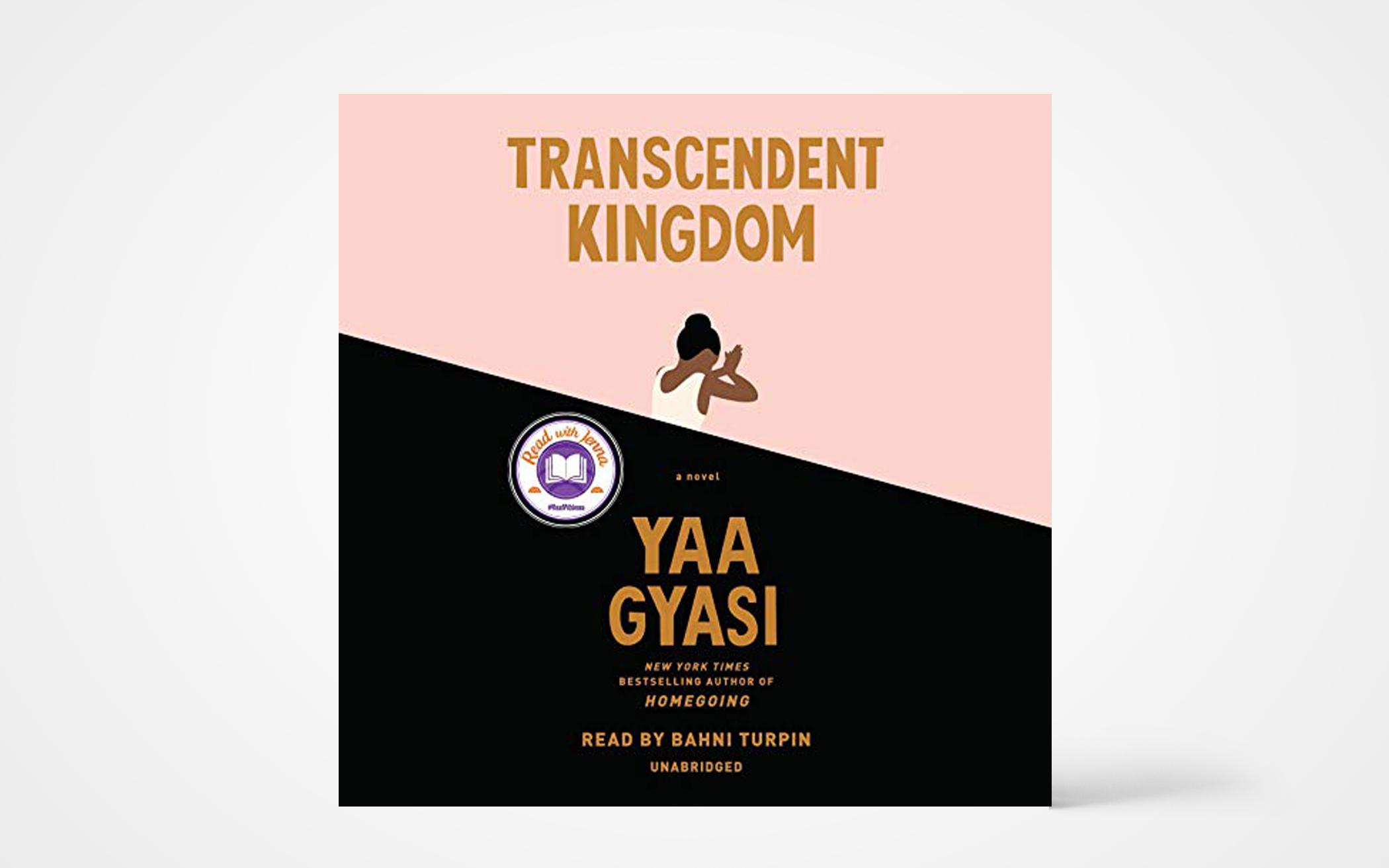“At times my life now feels so at odds with the religious teaching of my childhood that I wonder what the little girl I once was would think of the woman I have become.”
Transcendent Kingdom is a complicated and messy story of love and longing. A love story, but not of romantic love and certainly not a Hallmark movie kind of love, where a small-town girl leaves for the big city only to return back to her small town and live happily ever after with the town’s handyman.
The story centers on Gifty and her struggle to love God in the same way her mother did. Gifty’s Ghanaian parents migrated to a small town in Alabama before she was born in search of a better life. When Gifty’s mother joined the local First Assemblies of God church, bringing her two children in tow, they were the only Black family in the church. Rather than feeling connected to God in her church, Gifty feels disconnected. The disconnection deepens when her brother has “an accident” and dies. Where was God? Why did it seem like her faith no longer had answers to help her make sense of the harsh realities of her life? Where was God when her father left, where was God when racism was directed toward her family, where was God when her mother spiraled into depression, and where was God when her brother died?
In graduate school, science seems to offer more reliable answers for her. Science delights in her questions of “why” and “what if.” But she can’t fully escape the evangelicalism of her youth. It is like a favorite pair of shoes that you have outgrown but can’t bear to throw away because they hold memories and the promise of maybe fitting again.
The book switches back and forth from Gifty being a small child, to a teenager, to an adult. A couple of times the transitions were too quick for me, and I would need to rewind a few minutes in order to gain clarity about the place in the storyline. The switching back and forth resembles the process of recalling something painful and trying to make sense of the pain while not getting stuck in the memories. Gyasi’s writing felt so authentic that I wondered if it was autobiographical. Turpin’s narration took some getting used to for me. I enjoyed her voicing of Gifty’s Ghanaian mother. That seemed spot on. The sound of Gifty’s voice was OK. However, the voicing of the male characters left a little to be desired for me.
I would recommend this book because it is more than a good story; it is an invitation for people to explore what they believe and why. This book is not an attack on our Christian faith, but it does beg an examination of our faith. It is a reminder that there might be times in our lives when our faith doesn’t appear to have a satisfying response to the harsh realities of life. Experiencing the realities of racism, mental illness, addiction, and poverty—as Gifty’s family did—can try anyone’s faith. Gifty’s faith was tried. How does it end? You will have to read the book or listen to it.
Note: This book has a sprinkling of profanity including a few “F-bombs.” (Random House Audio. 8 Hours, 41 minutes)
About the Author
Michelle Loyd-Paige is the executive associate to the president for diversity and inclusion at Calvin University, a member of Maple Avenue Ministries, and the founder of Preach Sista! (preachsista.org).






